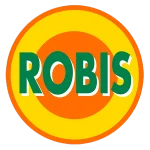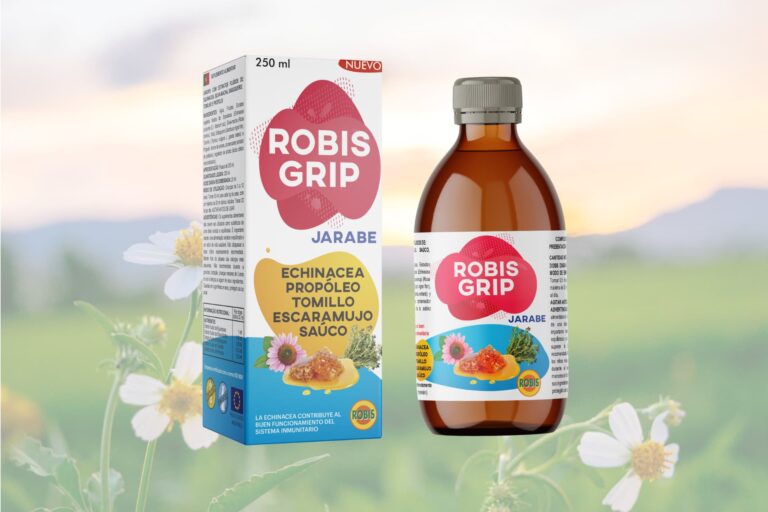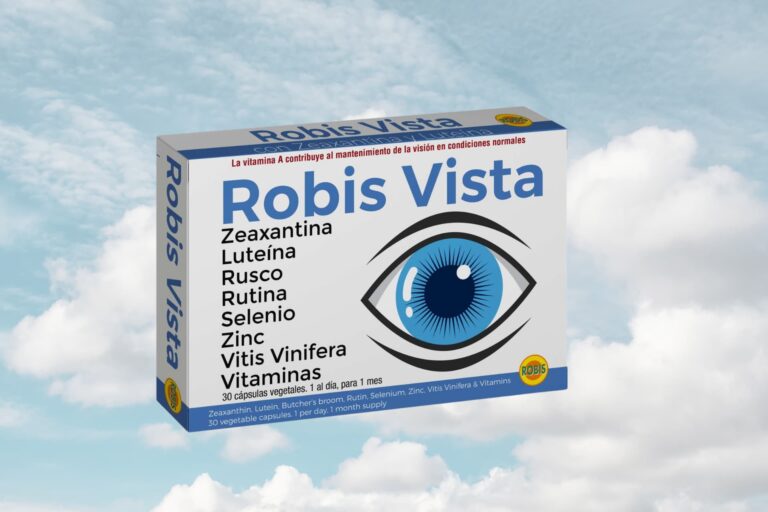In recent years, the WHO, together with other health authorities and experts, are warning of the resistance of some bacteria due to antibiotic abuse. Fighting bacteria naturally is possible and a good way to prevent them from becoming more resistant. They also allow you to do so without the side effects of some medications. It is therefore a very interesting option for both children and adults.
How to fight bacteria naturally
Strengthen the immune system, first step to fight bacteria naturally
Keeping your defenses strong is the first step in protecting your body from bacteria, viruses, and infections. The immune system can be naturally strengthened in different ways. Here are some actions that will help you achieve this:
– Providing the body with all the nutrients it needs. Nutritional deficiencies do not help maintain a strong defensive system. Whether through a healthy and balanced diet or with the help of nutritional supplementation if it is, it does not provide all the nutrients the body needs.
– With the consumption of probiotics and prebiotics that improve the intestinal flora and contribute to strengthen the immune system.
– Providing the body with adequate rest. Sleeping well, enjoying deep, restful sleep and relieving stress helps keep your defenses strong, while helping to fight bacteria naturally.
– With the intake of natural antibiotics.
Natural antibiotics, an effective solution to fight bacteria
Eating foods with antibiotic properties is a good choice to fight bacteria and to reduce the risk of infection. These can be taken alone or in complexes of one or more of these components. They are especially recommended for times of seasonal changes, as well as in situations where the organism is more prone to contagion and infection.
What are some of the best natural antibiotics according to their effectiveness in fighting bacteria?
– Royal jelly. This natural product has recognized antiseptic and bactericidal properties. It is just one of the benefits of a food that provides important health benefits and is an effective aid to fight infections in both children and adults. It is made by bees and has a high nutritional value, which is why they use it as food for the queen bee and for the larvae of new bees.
– Propolis. Also known as propolis. This is an effective natural element to fight bacteria naturally. Like royal jelly, it is made by bees in order to maintain asepsis in the hive. It is composed mainly of resins and balsams rich in flavonoids and phenolic acids or their esters, together with other natural compounds.
– Echinacea. The properties and benefits of echinacea to fight bacteria naturally are very relevant. Echinacea is a plant with powerful assets capable of improving the immune system and fighting bacteria naturally. Its use is contraindicated only to people with allergy or hypersensitivity to plants of the compound family.
– Vitamin C. It is one of the most recognized natural antibiotics. Their consumption through food does not always cover nutritional needs, therefore it is a recommended nutritional supplement if deficiencies are suspected or at a time when the organism is more vulnerable to contagions and infections. It is one of the key nutrients to improve the body’s defenses and by itself has the ability to kill some bacteria, according to several research studies
– Ginger. It promotes the elimination of stomach bacteria by improving the quality of the intestinal flora and favouring the strengthening of the defenses.
These are some of the most effective ways to fight bacteria naturally. If you are in a particularly sensitive circumstance to infections and contagions, take note of these effective ways to naturally fight bacteria and avoid the health problems generated by them. With Robis food supplements it will be very easy to lead an active life!




